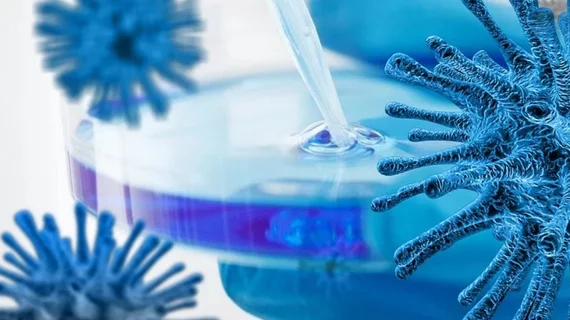RSNA announces new COVID-19 imaging data archive initiative
The Radiological Society of North America is compiling images and data from coronavirus cases around the world as part of a new initiative to help fight the ongoing pandemic.
In an announcement Monday, RSNA said its image hosting, annotation and analysis framework will help researchers understand the novel virus and develop new artificial intelligence algorithms for distinguishing the disease from similar pneumonias and aid physicians in therapy planning.
“RSNA is committed to accelerating collaborative research and education on the uses of medical imaging to address diagnosis and imaging-based treatment of COVID-19,” Curtis P. Langlotz, MD, PhD, RSNA board liaison for information technology and annual meeting, said in the announcement. “Because RSNA is a leader in connecting radiologists around the world, we have received a wave of requests from organizations interested in sharing imaging data, as well as from individuals and organizations seeking access to such data for research and education.”
Additionally, RSNA released a survey for radiology organization leaders to share institutional imaging data regarding the coronavirus. This, along with a collaboration with the European Society of Medical Imaging Informatics, and other efforts, will help the organization establish a robust COVID-19 data warehouse, officials said March 30.

